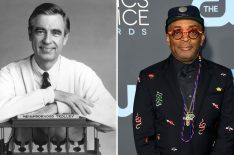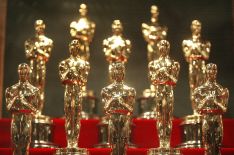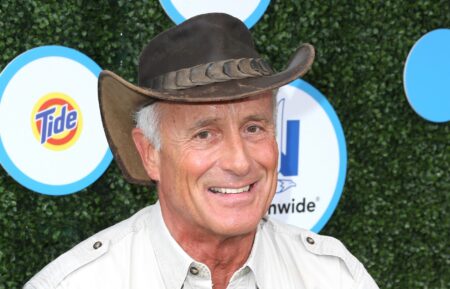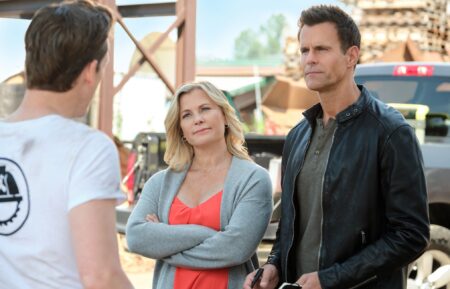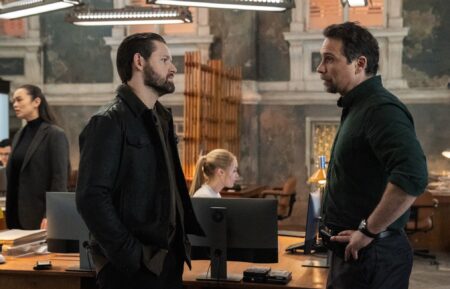How to Fix the Oscars: A Surefire Plan to Resuscitate Hollywood’s Biggest Night
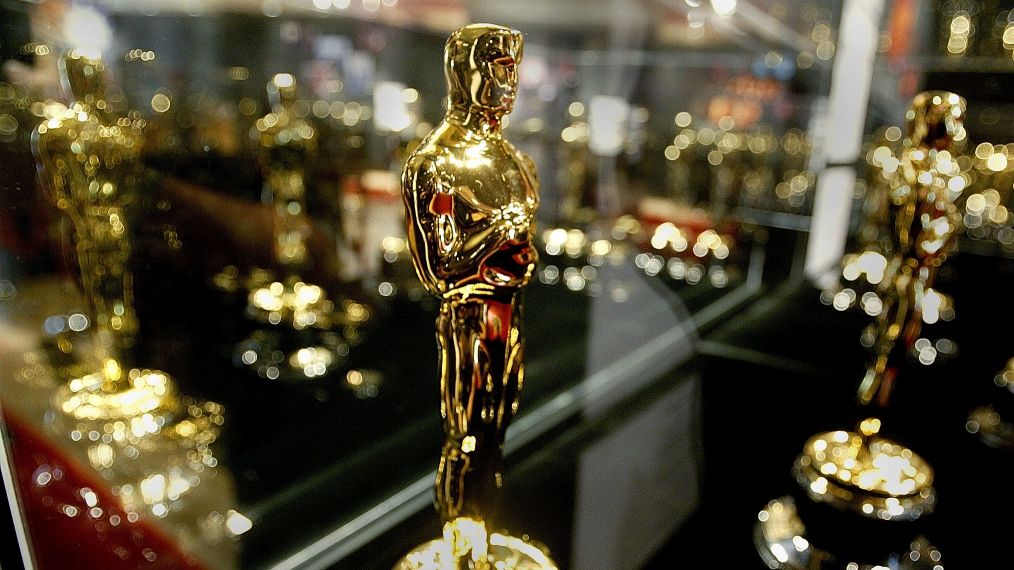
Opinion
What ails the Oscars? Where to start? The gold standard of awards shows is still among the most-watched entertainment programs in any given year, but the 2018 entry drew a record-low 26.5 million viewers — a 39 percent drop from the Ellen DeGeneres–hosted 2014 awards. And it’s weathered constant crises of late: #EnvelopeGate. #OscarsSoWhite. The recent ill-conceived idea of adding a “best popular film” award to the mix. And Kevin Hart’s host-no-host debacle.
As the Academy continues its attempt at an overhaul, we’ve formulated our own four-point plan to resuscitate Hollywood’s glitziest glamfest.
Hire a Movie-Loving Host!
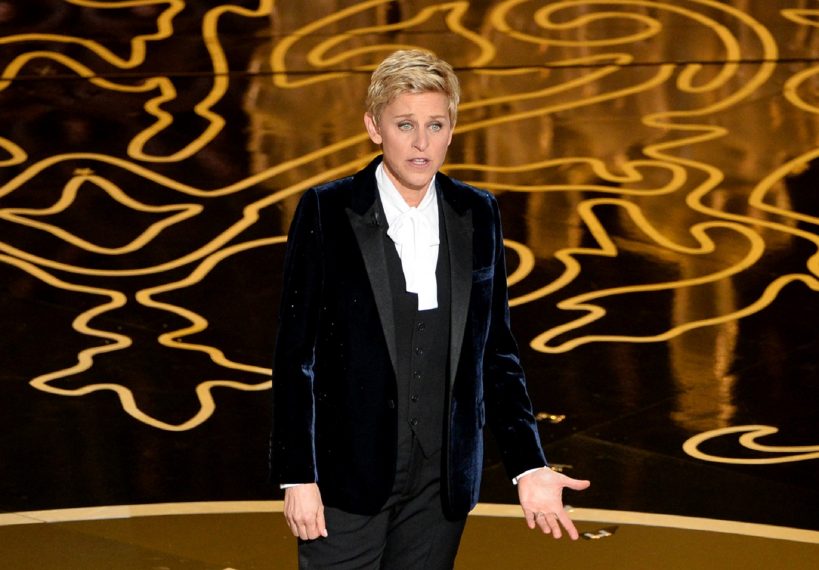
The pressure-filled Oscar hosting gig can be a thankless job, as emcees are either mocked for playing it too safe or vilified for being too edgy or irreverent. But not having a host at all, as the Academy will do this year for the first time since 1989? “It’s a dumb idea,” said Whoopi Goldberg (who did the job well four times) on The View in December. “People want someone to take them through things.” And we’re with Whoopi on the solution: “[The host] needs to be somebody who loves the films.”
Longtime fans recall Johnny Carson brilliantly playing off the pomp of the occasion in the 1980s and Billy Crystal’s movie medleys and Hannibal Lecter mask opening. So, who’s right for right now? Tina Fey and Amy Poehler‘s three-year stint fronting the Golden Globes balanced zingers with a celebration of movies. (The pair have reportedly turned down hosting the Oscars several times.)
Perhaps a different duo to generate buzz, such as Will Ferrell and Kristen Wiig, or Tiffany Haddish and Maya Rudolph (who got belly laughs as presenters last year). Julia Louis-Dreyfus, with her razor-sharp wit and ease at ad-libbing, would also shine. But in a perfect world, the Academy would convince Ellen to return — and talk Crystal into a well-placed standing-O cameo.
Lose the gimmicks!
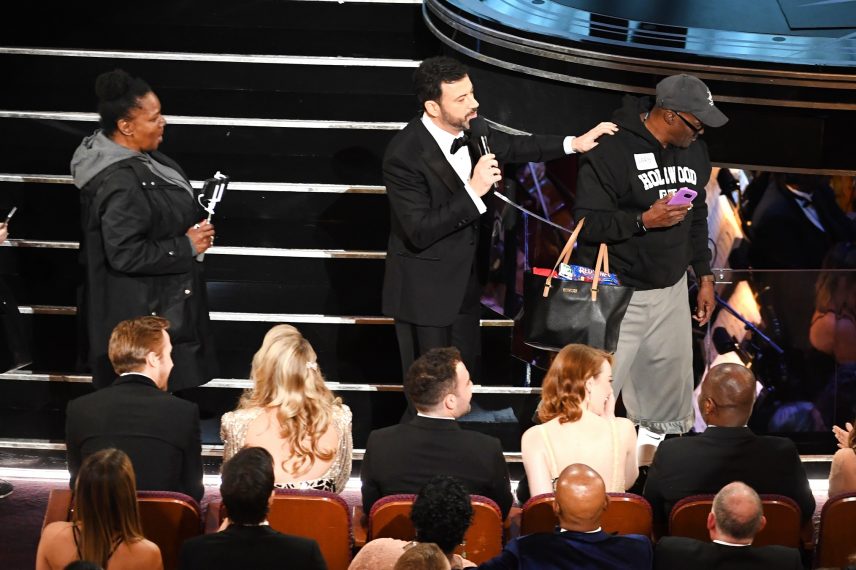
Per ABC, this year’s Oscar producers Donna Gigliotti and Glenn Weiss have set out to streamline the broadcast. The goal: a three-hour running time. (Last year’s ran an interminable 3 hours and 50 minutes.) One bad idea they’re considering is pre-taping several categories during commercial breaks and playing back presumably edited speeches later in the broadcast. But the first thing on the chopping block should be the stunts that make up too much of the show.
Host Jimmy Kimmel parading gawking tourists into the Dolby Theatre in 2017 was an epic fail. And the less said about emcee Neil Patrick Harris and his magic box from 2015, the better. The self-congratulatory film montages and historical tributes should also be tossed or shortened — along with 80 percent of the awkward presenter banter. This will leave more space for what people want to watch — the nominees and winners in their red carpet finery. In other words…
Embrace the drama!
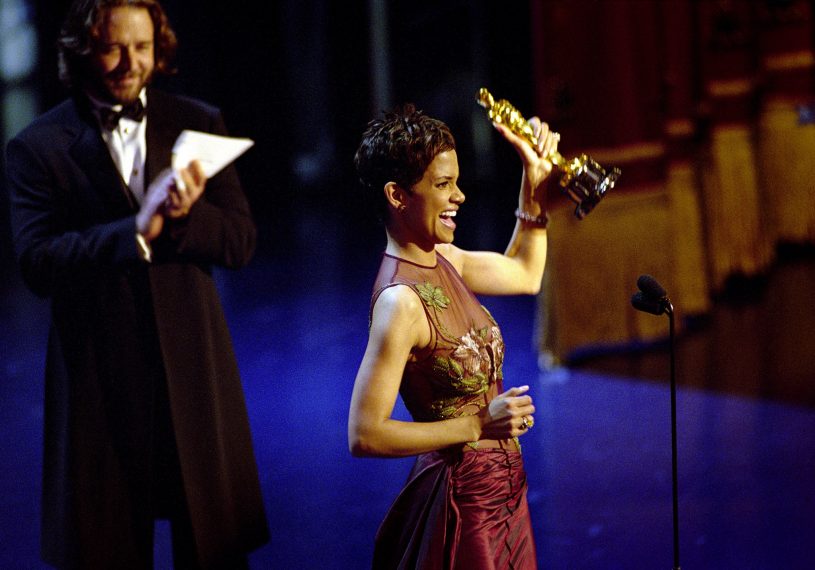
“We have every intention of having multiple moments that are talked about the next day,” says Rob Mills, an ABC senior vice president. “Remember, many memorable Oscar moments were not planned!” They’re also not possible if you don’t leave time for them. The current edict: All winners have 90 seconds to amble onstage and say thanks. Really? The Oscars must make room for spontaneity and surprise. Who can forget Roberto Benigni climbing atop seats after his Life Is Beautiful win? Jack Palance’s one-handed push-ups? Halle Berry’s nakedly emotional acceptance speech after her historic Monster’s Ball win, or Adrien Brody planting a kiss on Berry after she handed him his 2003 Pianist trophy? Playing “beat the clock” sucks the joy out of such moments. “They shouldn’t be ashamed of putting on a show,” says Matt Roush, TV Guide Magazine‘s senior critic.
Widen the Best Picture Field!
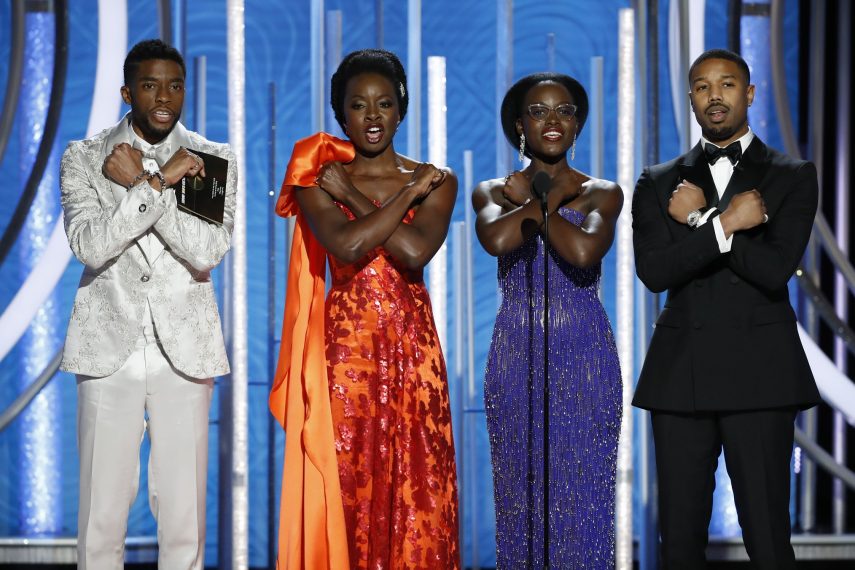
It’s been a constant moviegoer complaint: The Oscars favor art-house films over popular hits. But ratings tend to soar when classy blockbusters compete for Best Picture — as in 1998 with Titanic and 2004 with The Lord of the Rings: The Return of the King. The best way to potentially achieve balance would be to lock the Best Picture race to a full 10 slots. (Right now, the number can range from 5 to 10 — which is artificial.) By creating room for more critically beloved megahits, such as Black Panther (which earned a nod this year), you’ll make sure not to snub the likes of Wonder Woman or The Dark Knight. And face it: Nobody should snub Wonder Woman.



